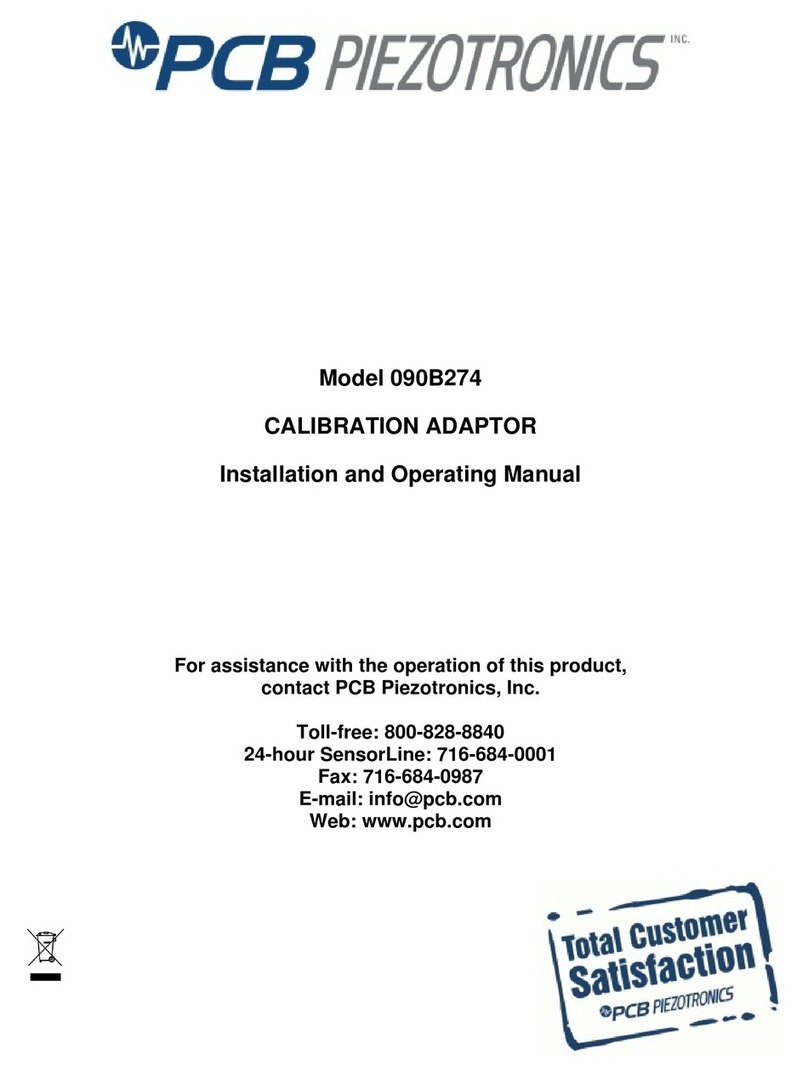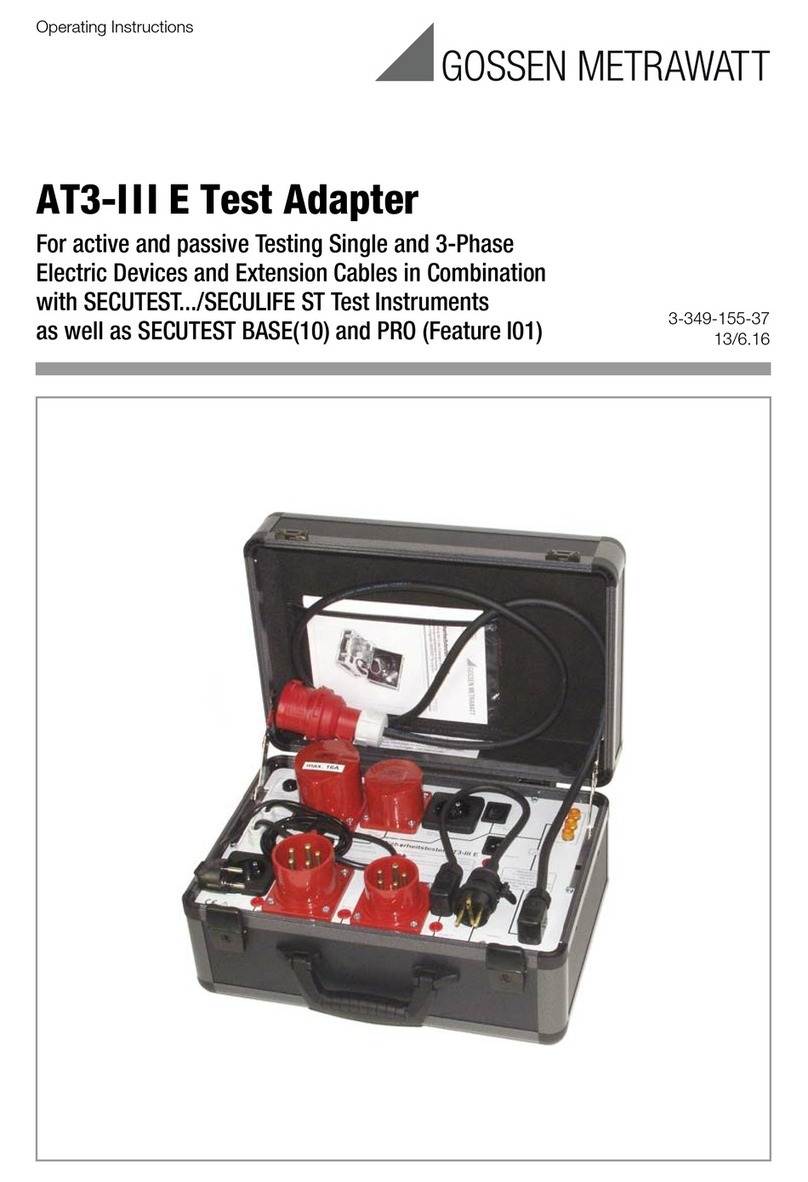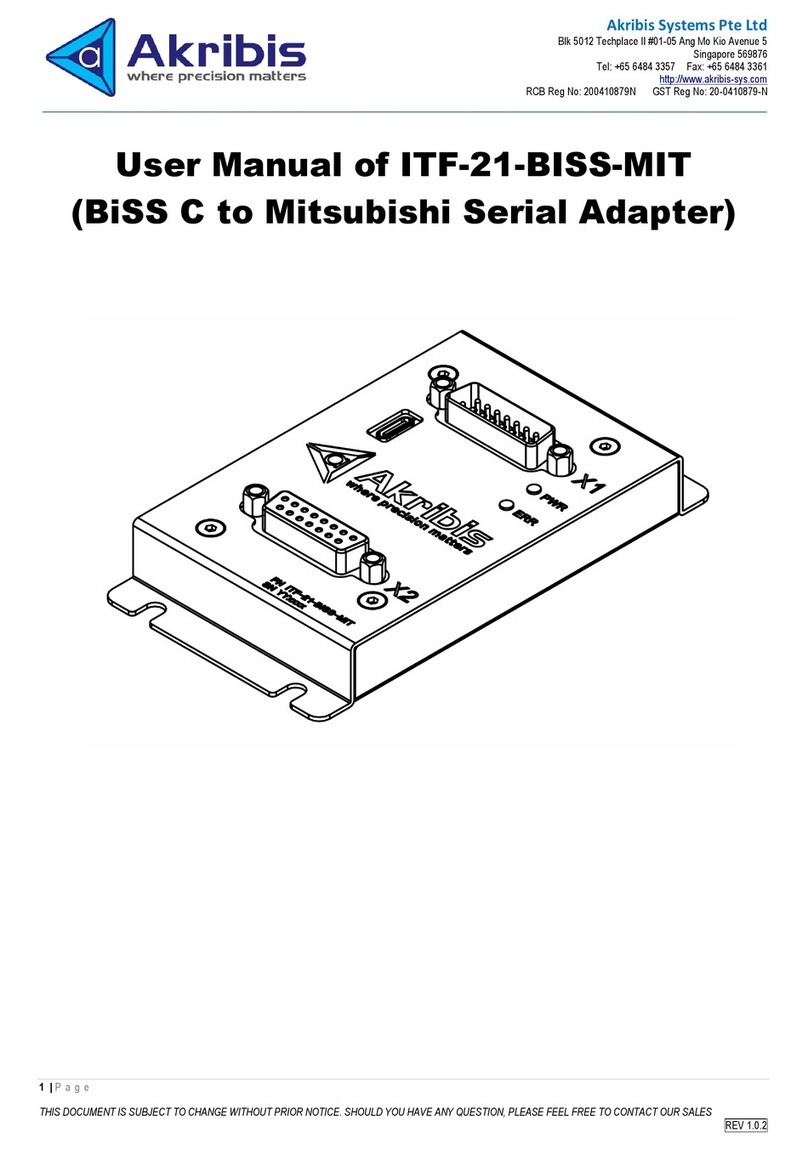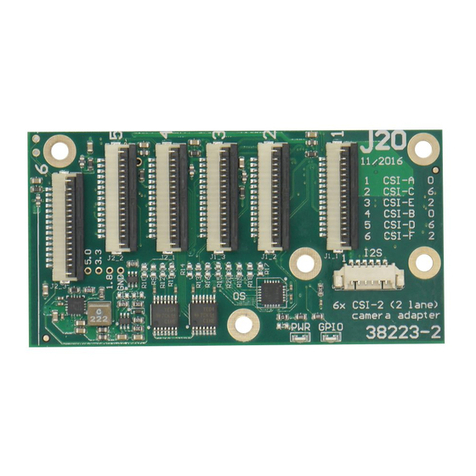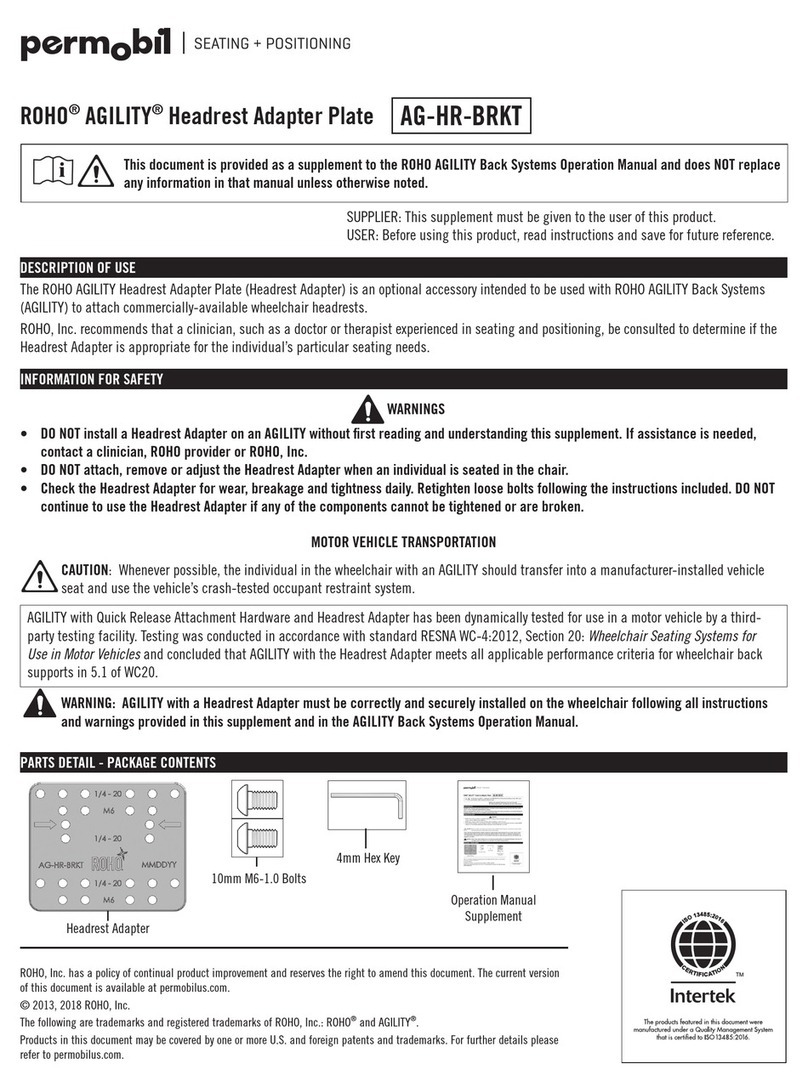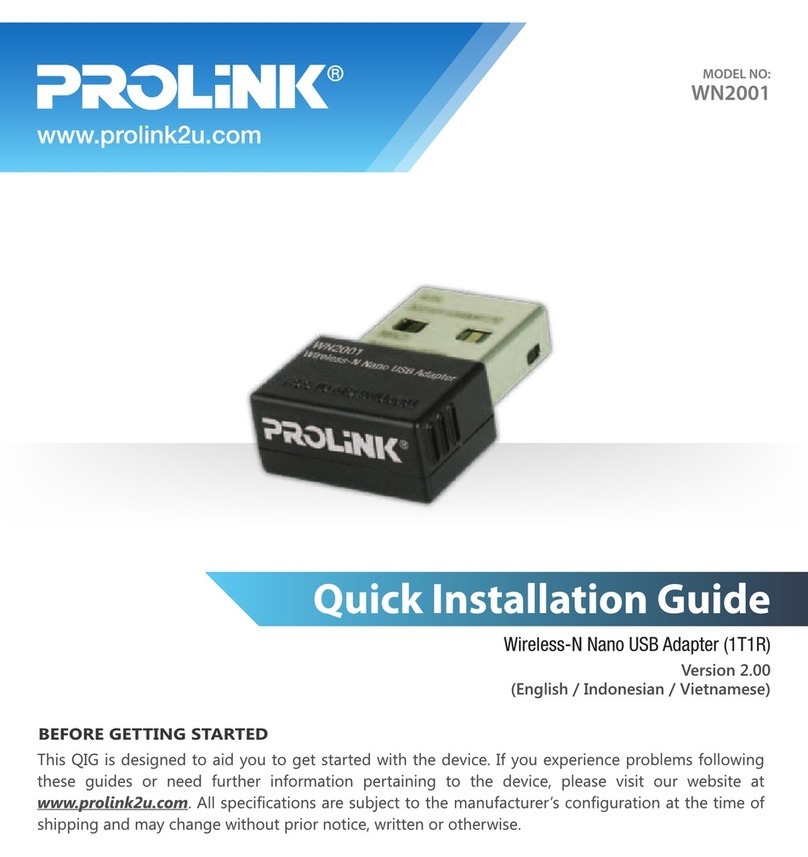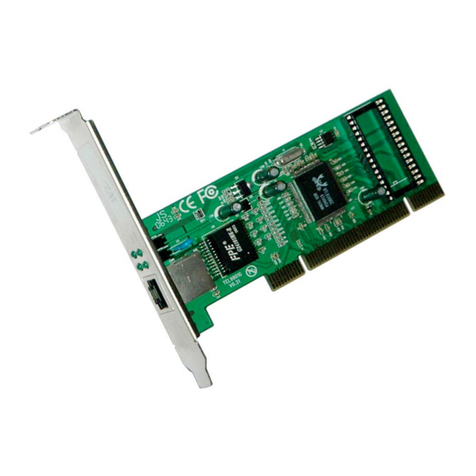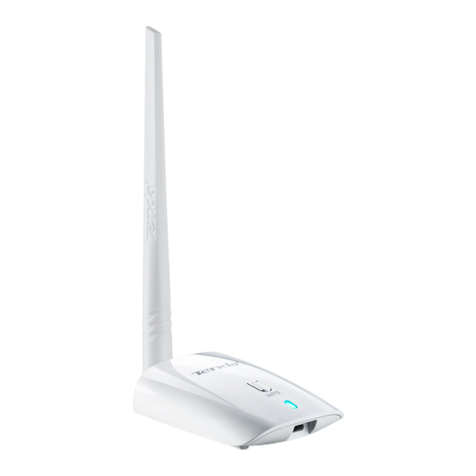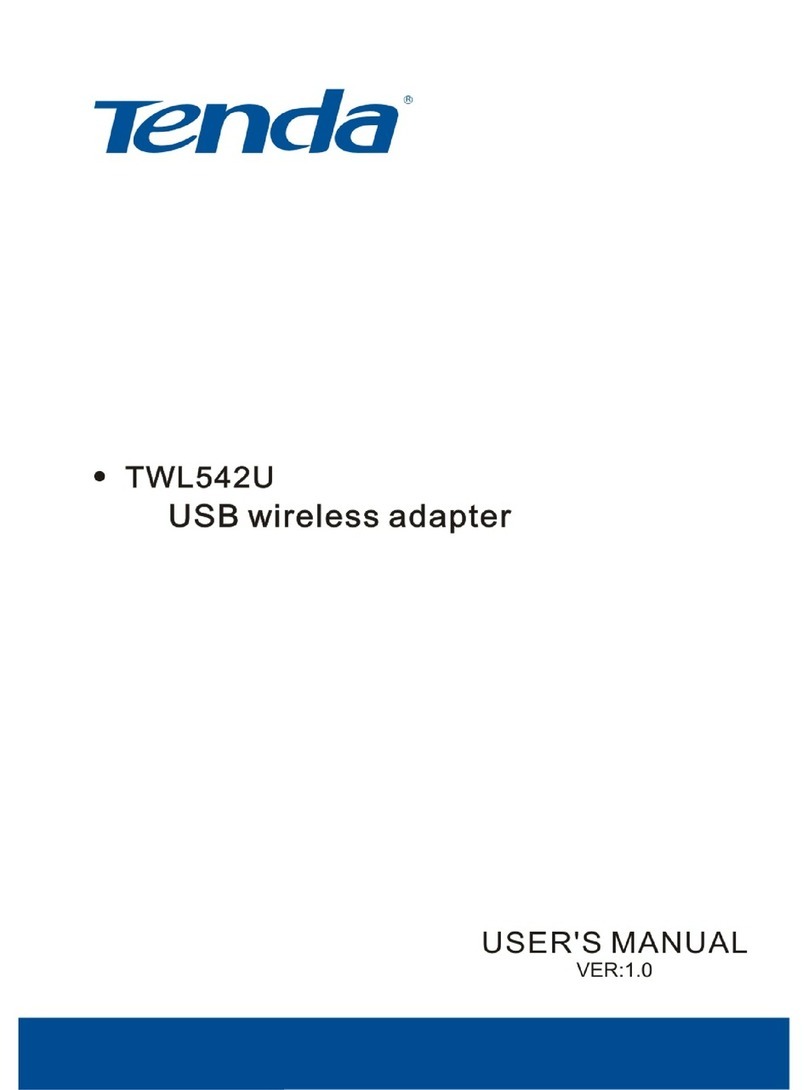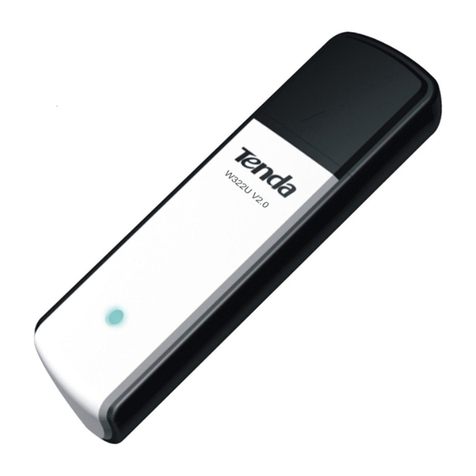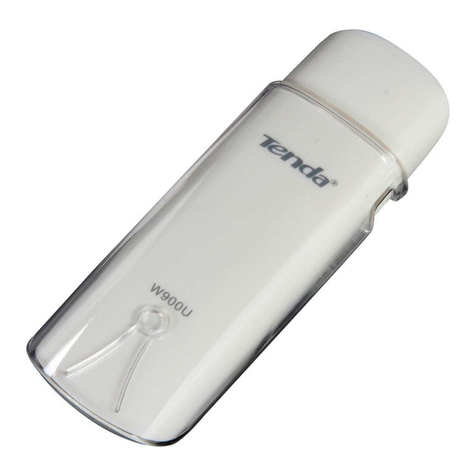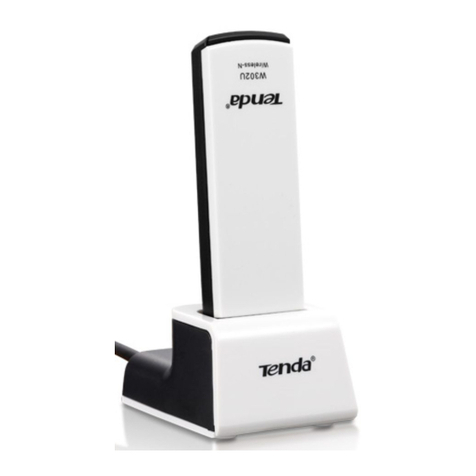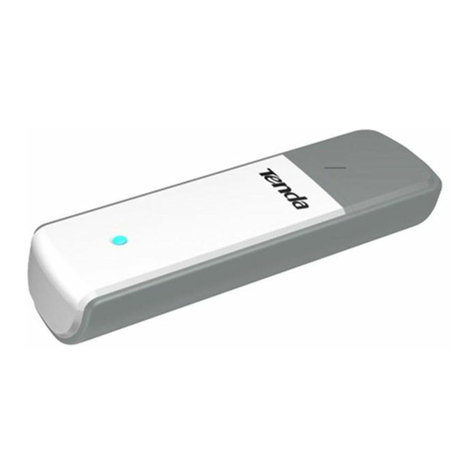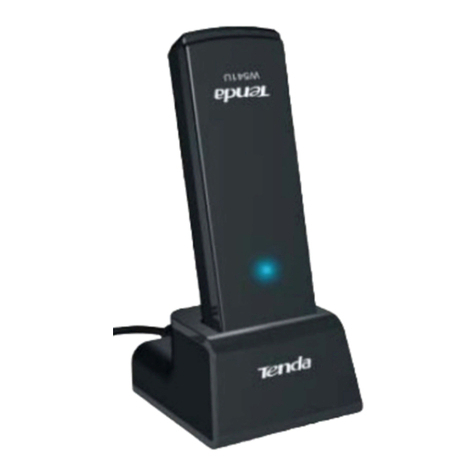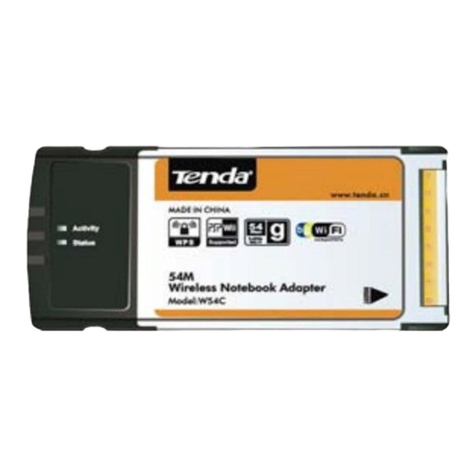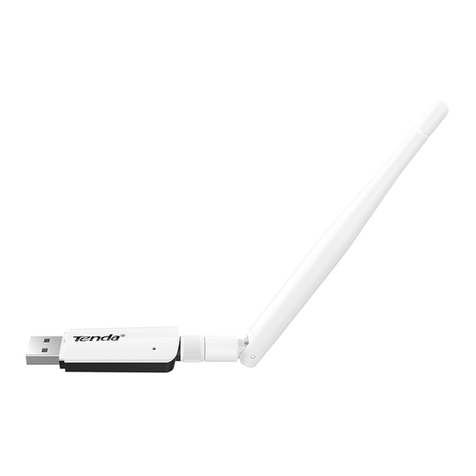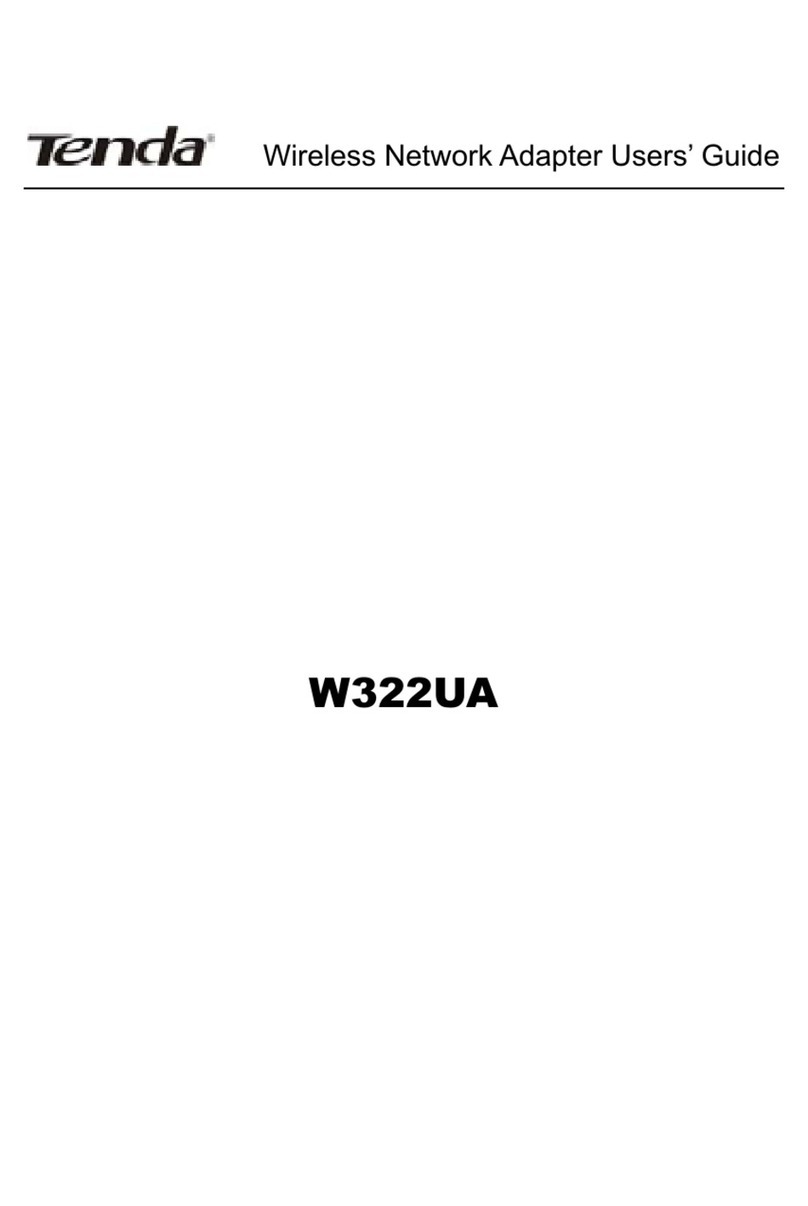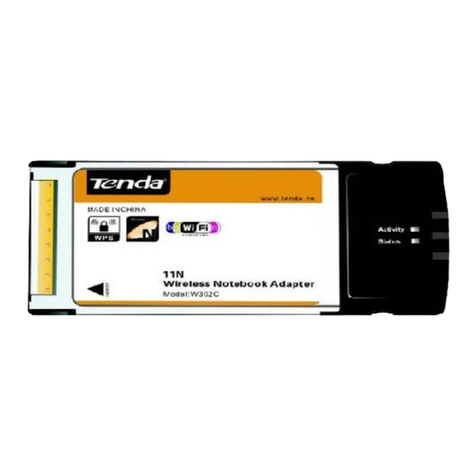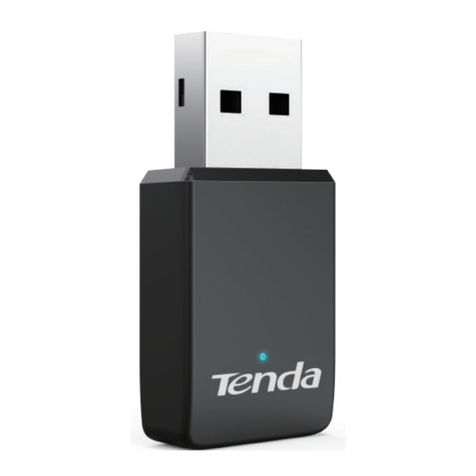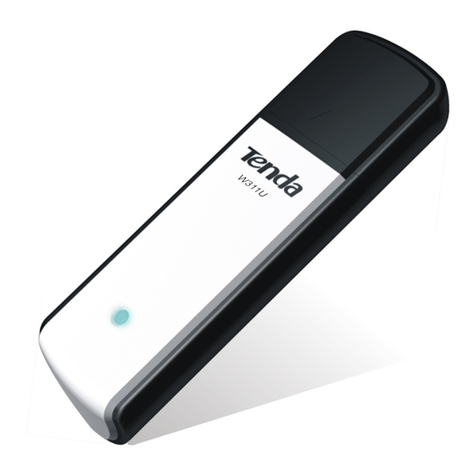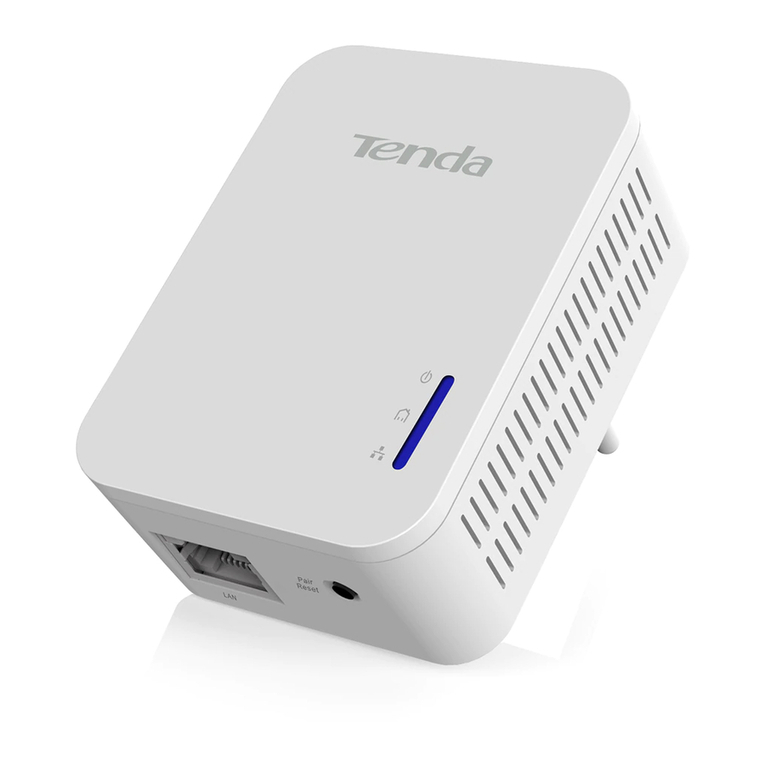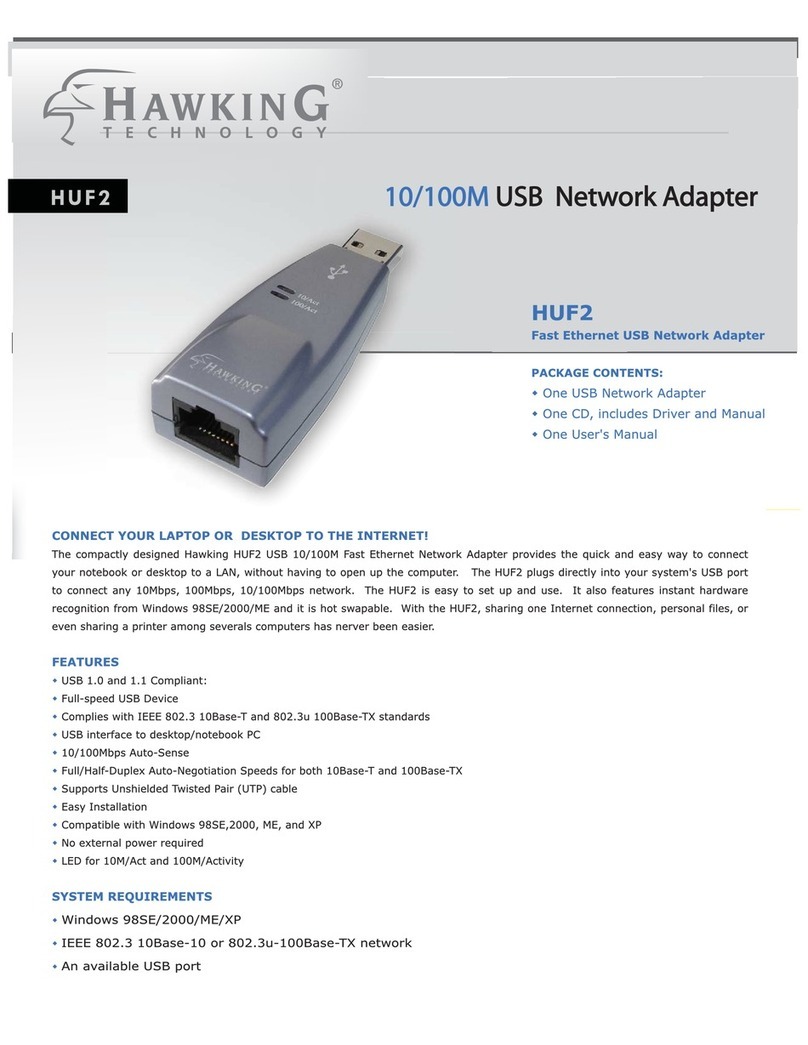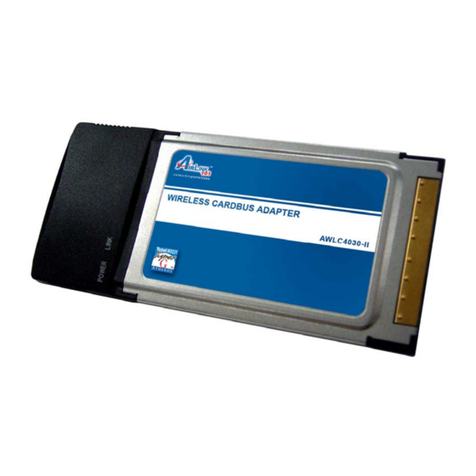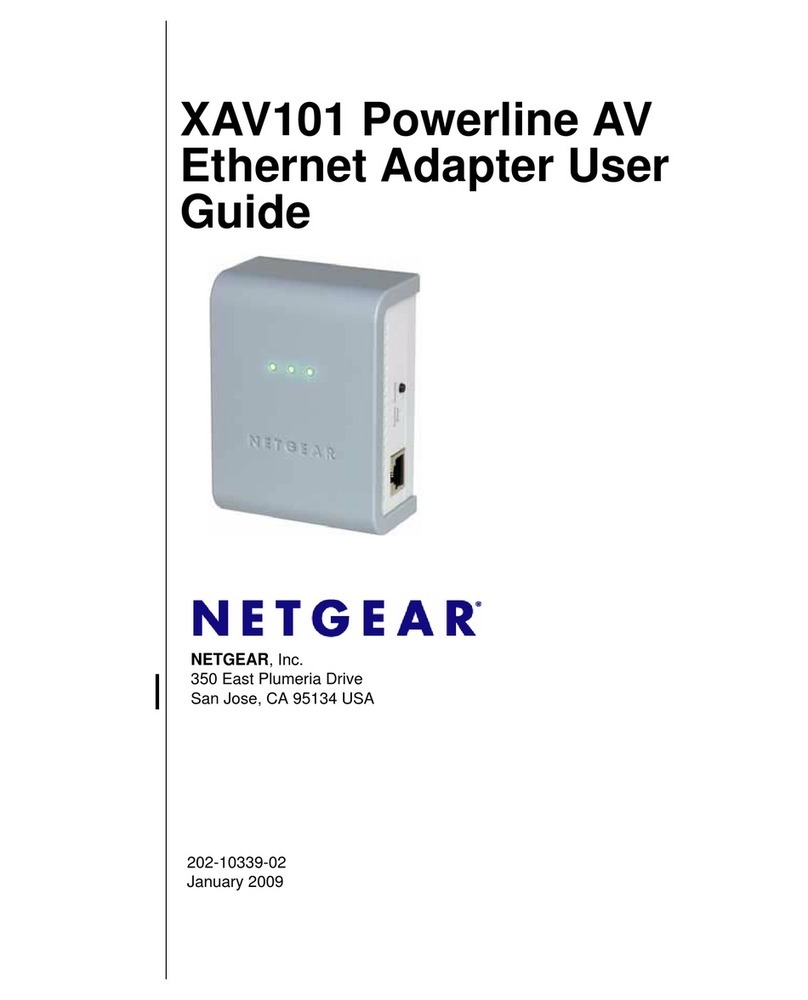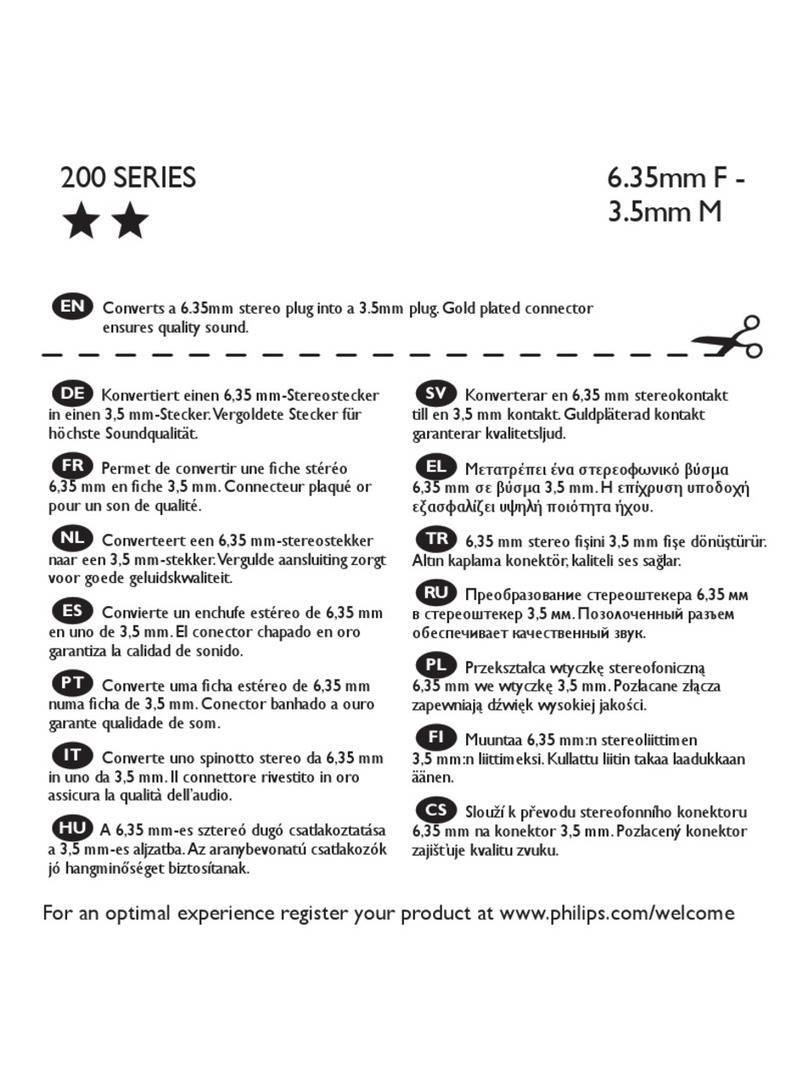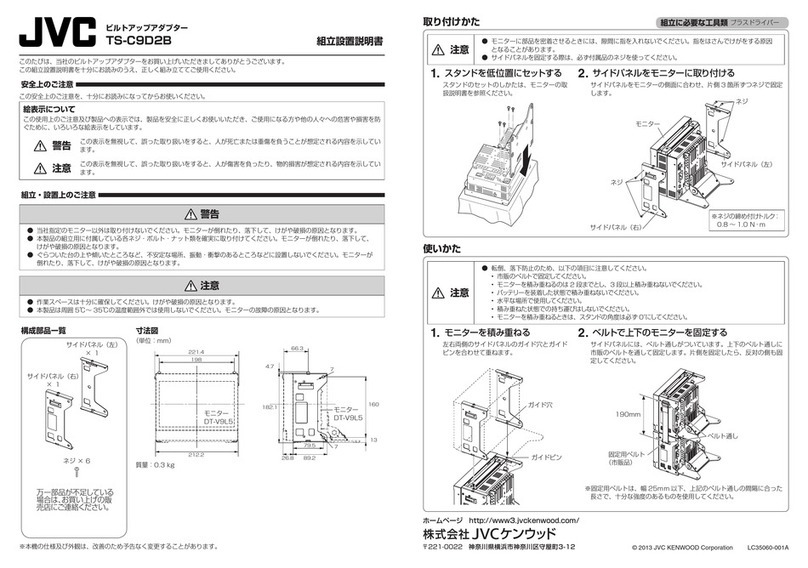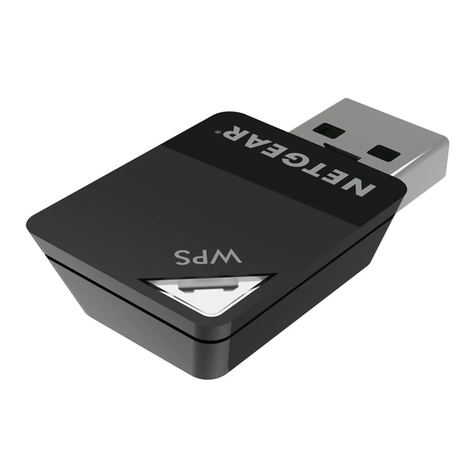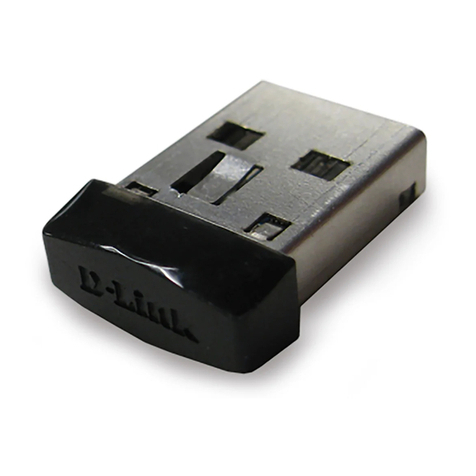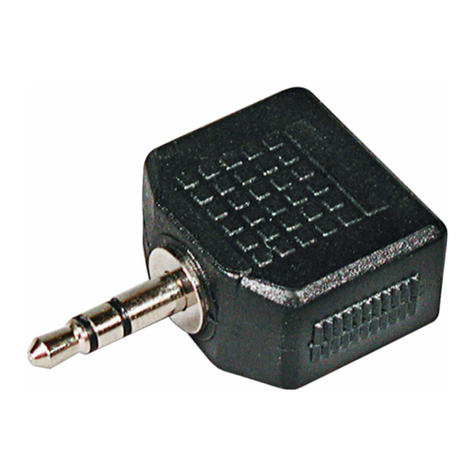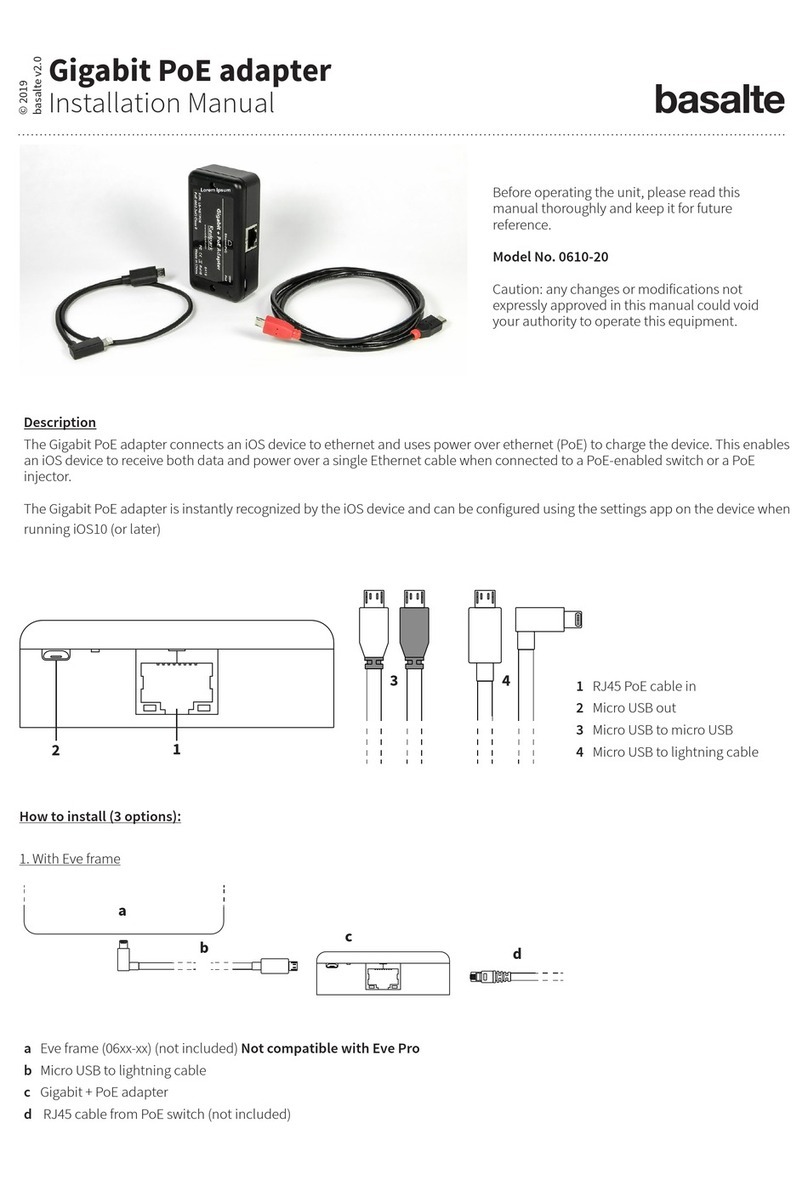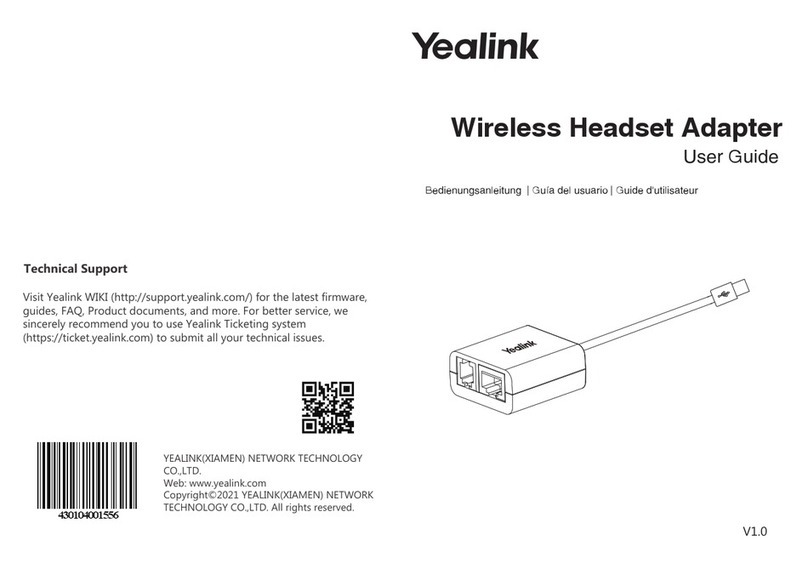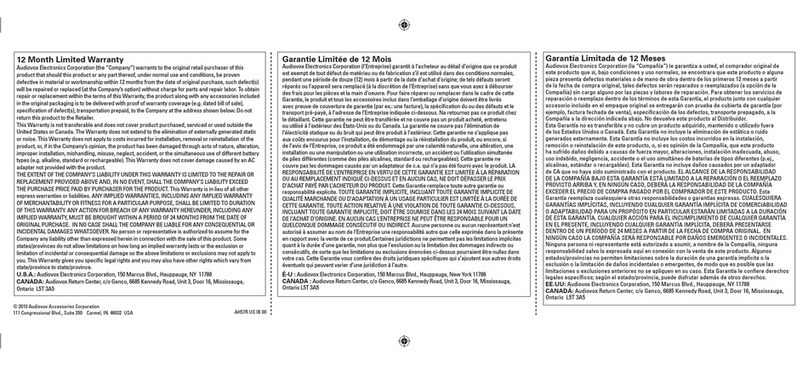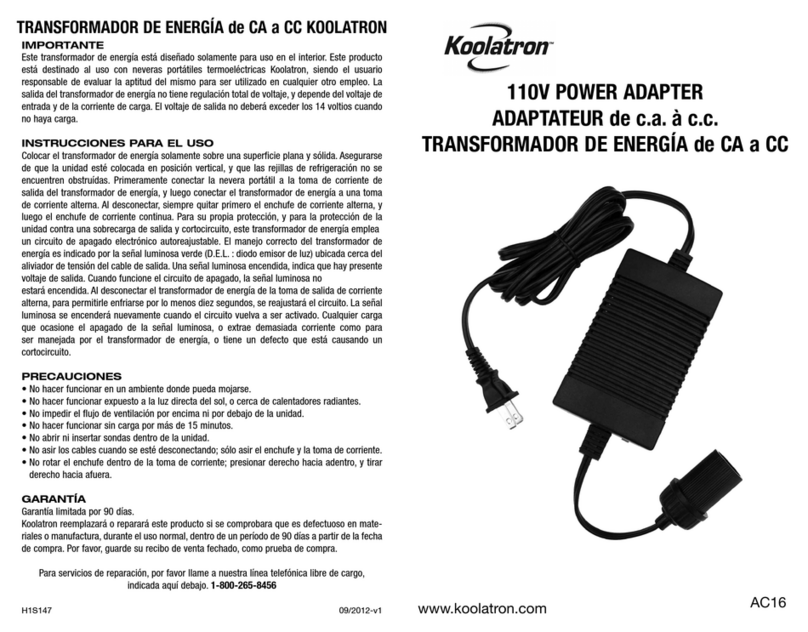Instruction Manual TWL54/108C Wireless Adapter
3
Low power consumption and manageable;
Wireless connection, without any cost of cabling;
1.2 Applications
TWL54/108C CardBus wireless adapter offers a fast, reliable,
cost-effective solution for wireless client access to the network in
applications like these:
1. Remote access to corporate network information E-mail, file transfer
and terminal emulation.
2. Difficult-to-wire environments Historical or old buildings, asbestos
installations, and open area where wiring is difficult to deploy.
3. Frequently changing environments Retailers, manufacturers and those
who frequently rearrange the workplace and change location.
4. Temporary LANs for special projects or peak time-Trade shows,
exhibitions and construction sites where a temporary network will be
practical. - Retailers, airline and shipping companies need additional
workstations during peak period. Auditors requiring workgroups at
customer sites.
5. Access to database for mobile workers Doctors, nurses, retailers,
accessing their database while being mobile in the hospital, retail store
or office campus.
6. SOHO (Small Office and Home Office) users. SOHO users need easy
and quick installation of a small computer network.
7. High security connection. The secure wireless network can be installed
quickly and provide flexibility.
1.3 Product Kit
TWL54/108C CardBus wireless adapter comes with the following
items. Please go through each item below. If any of listed items appears to
